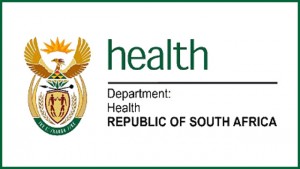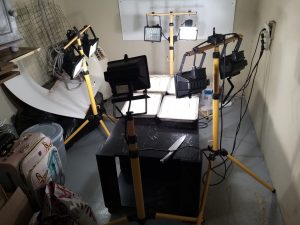In a predominantly male-dominated, black or white discussion, three ladies who have formed the RhinoAlive organization discover that there are many shades of grey surrounding the rhino horn trade and its value in Chinese medicine and as a store of wealth. As such, RhinoAlive has been awarded with “Best Awareness, Education and Funding” at the Rhino Conservation Awards.
Led by Jane Wiltshire (a leading KZN businesswoman), RhinoAlive also includes Tanya Jacobson, who dedicated her life to conservation and Erika Alberts who for many years was a producer on the TV programme Carte Blanche.
Between them, these three women have spent hours upon hours of researching and delving into this highly contentious subject and presenting these findings on a website, magazine and even a Facebook page. Their hours of dedicated study and discussion have led to the team being chosen as finalist.
What is their thesis? That the crisis of rhino poaching is being fuelled by the artificial restriction of rhino horn due to the 39 year CITES ban on trade. The ban, according to RhinoAlive, has exacerbated the situation of increased value for this sought – after ingredient in Chinese medicine and also opened new markets in jewellery and as a store of wealth.
What’s the solution? Make the selling of rhino horn legal in a regulated, monitored and reliable way. This will undermine the hoarders problem by making rhino horn less scarce and therefore less sought-after.
The sale of rhino horn stockpiles (currently including stocks going back years) will channel much-needed funds to both State and private rhino owners and will cut down on poaching.
RhinoAlive has changed the nature of the debate on legalization of rhino horn trade and contributed to a wider discussion amongst anti-traders on de-horning with the knowledge that a rhino horn grows throughout its life.
They have been involved (and cited) in many debates on the legalization of rhino horn trade and stand as very worthy nominees for this prestigious award







